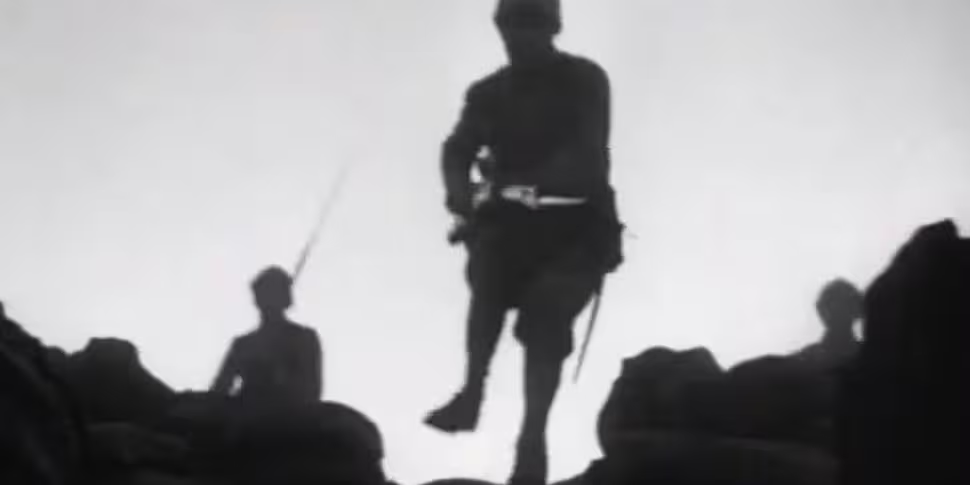“My friend, you would not tell with such high zest
To children ardent for some desperate glory,
The old Lie: Dulce et Decorum est
Pro patria mori.”
Dulce et Decorum Est, Wilfred Owen
After nearly two years of worldwide condemnation and horror, President Obama recently announced his intention to provide arms to the Syrian rebels.
Obama is unsurprisingly reluctant to get involved in yet another Middle Eastern crisis, given previous costly forays into Afghanistan and Iraq. Plus the possibility of starting a war, with all the carnage that would bring, leaves the former Senator from Illinois more than a little nervous.
If we travel back a century, this cautious anti-war attitude was sadly nowhere to be seen.
Unfortunately, general sentiment was quite the opposite. The reckless egotism and frenzied rearming of Germany and the UK lead to a conflict of unprecedented scale and savagery.
The Great War took an enormous toll on all those involved, none more so than the soldiers. Desperately guided and poorly equipped, the troops suffered awful physical and mental trauma.
It was the untold consequences for the men of the trenches, that led WW1 veteran Erich Maria Remarque to write his seminal novel Im Westen nichts Neues (All Quiet on the Western Front) in 1929.
Universal Studios, then managed by Carl Laemmle Junior, bought the rights to Remarque’s bestseller and developed a script using the combined talents of Maxwell Anderson, Del Andrews, George Abbott and the director, Lewis Milestone.
As detailed in Thomas Schatz’s book The Genius of the System, the production was a big gamble for Universal. Laemmle wanted his studio to make an important and prestigious picture, one that would place Universal at the forefront of the industry.
Laemmle allocated a budget of $891,000 for All Quiet, but this grew to $1.45 million ($20 million today adjusted for inflation) after a series of retakes and cost overruns. This was a considerable sum as the effects of the Wall Street crash were beginning to take hold.
Laemmle’s risk was worth it.
All Quiet on the Western Front is a spectacular film. Milestone and his cinematographer Arthur Edeson, made full use of the increased budget and used inventive tracking and crane shots to portray the sheer anarchy of trench warfare.
The acting holds up surprisingly well by today’s standards. The silent era was in rapid decline by then, and many of the screen-mugging actors of that period struggled to adapt to the new, subtler, era of sound.
Lew Ayres, who plays the protagonist Paul, turns in an excellent performance as the idealistic schoolboy who becomes ravaged by the horrors of war. Louis Wolheim, as the battle-hardened mentor Kat, is also terrific.
At the Academy Awards ceremony of 1930, All Quiet took home two Oscars for Best Picture and Best Director. It was also nominated for Best Cinematography and Best Writing (Screenplay).
Universal released a superbly restored Blu-ray version of All Quiet in February 2012. This wonderful transfer should find itself in everyone’s film collection.
All Quiet on the Western Front is an anti-war masterpiece, and its relevance will only grow as world leaders continue to send their bravest and best to the frontlines.









